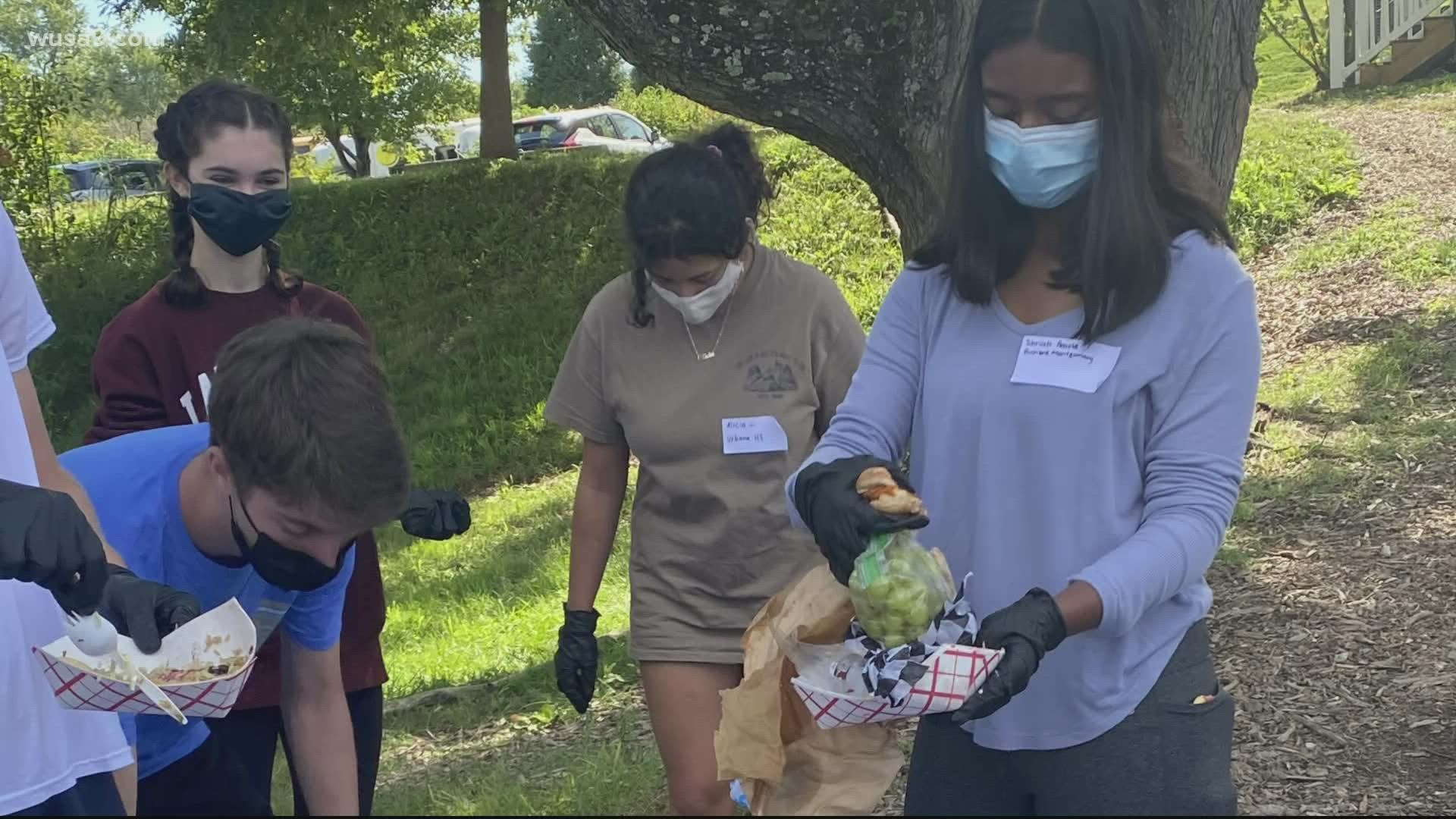WASHINGTON — The U.S. Environmental Protection Agency (EPA) announced Thursday 11 organizations that will receive $2 million in funding to help divert food waste from landfills by expanding anaerobic digester capacity nationwide.
According to the EPA, Anaerobic digestion (AD) is a process in which organic materials, like food scraps, are broken down by microorganisms due to the absence of oxygen. The EPA claims the process can produce biogas, which can be used for energy production.
“Anaerobic digestion is an important way to ensure essential nutrients are recirculated into our ecosystems,” said Carlton Waterhouse, deputy assistant administrator for the EPA Office of Land and Emergency Management. “This kind of innovation helps communities reduce food waste that could end up in landfills while capturing methane for use, instead of having it go into the atmosphere.”
The EPA says by adding less wasted food to landfills, AD will also reduce methane emissions and help reduce the impacts of climate change.
Methane traps up to 36 times more heat in the atmosphere over a century than carbon dioxide, officials say.
The EPA said in a press release, "Keeping food waste out of landfills by transforming it into fuel or fertilizer can save money and reduce environmental impacts."
The agency said nearly half of the funds announced will be awarded to projects or people in underserved communities, such as people of color, low-income areas, tribal and indigenous populations and the elderly and children.
Each of the organizations selected will receive a range of approximately $150,000 - $200,000 over a two-year period.
Programs Selected:
- District of Columbia Department of Public Works
- Located: Washington D.C
- Officials plan to use the money to establish a training and certification program for commercial food waste generators.
- Food Lifeline
- Located: Seattle, Washington
- The non-profit organization hopes to use the money to develop an AD demonstration project which will introduce the South Park community to alternative energy production with hands-on, culturally, and linguistically relevant engagement and education opportunities.
- Georgia Southern University Research and Services Foundation
- Located: Statesboro, Georgia
- The university plans to use the funding to conduct a feasibility study to gain more of an understanding of how existing AD capacity at pulp and paper mills can be sustainably leveraged for the treatment of food waste from other university campuses.
- Monterey One Water
- Located: Monterey County, California
- County water officials say the funding will be used to also conduct a feasibility study. This study will focus on evaluating the conversion of existing anaerobic digesters at its wastewater treatment facility to co-digest sewage sludge with food and other organic wastes diverted from the area.
- Northeast Waste Management Officials’ Association (NEWMOA)
- Located: Boston, Massachusetts
- Officials say they will use the funding to help develop environmental justice engagement and regulatory compliance guidance and training to support states seeking to increase food waste diversion rates through AD utilization.
- Ohio University
- Located: Athens County, Ohio
- The university says the money will go towards the study of the potential for waste diversion at microbrewery brewpub businesses and demonstrate an AD model system.
- San Luis Valley Local Foods Coalition
- Located: Mosca, Colorado
- The non-profit says they plan to install a high-efficiency AD system to process food and organic waste, showing the technical feasibility and cost-effectiveness of such a project.
- University of Iowa
- Located: Iowa City, Iowa
- The university says they plan to take on a project that will use computational modeling to demonstrate optimum conditions for biogas production while minimizing digester issues.
- University of Puerto Rico Medical Sciences Campus
- Located: Cataño, Puerto Rico
- The university says the money will help fund a project to empower and educate the local community in utilizing AD for organic material management.
- University of Vermont
- Located: Burlington, Vermont
- The university plans to start a study assessing the current capacity of digesters to accept food wastes; the potential impacts of food waste co-digestion on biogas production; and the potential impacts of co-digestion on nutrients and microplastics in digestate.
- Yurok Tribe
- Located: Klamath, California
- The tribe plans to use the money to start an AD pilot demonstration project to divert the food waste generated on and near the Yurok Indian Reservation, beginning with a local elementary school.
In 2019 and 2020, the EPA awarded more than $110,000 and more than $3 million in cooperative agreement grants, respectively.
Environmental groups are pushing for a comprehensive action plan to deal with PFAS chemicals linked to cancer and other health problems.

